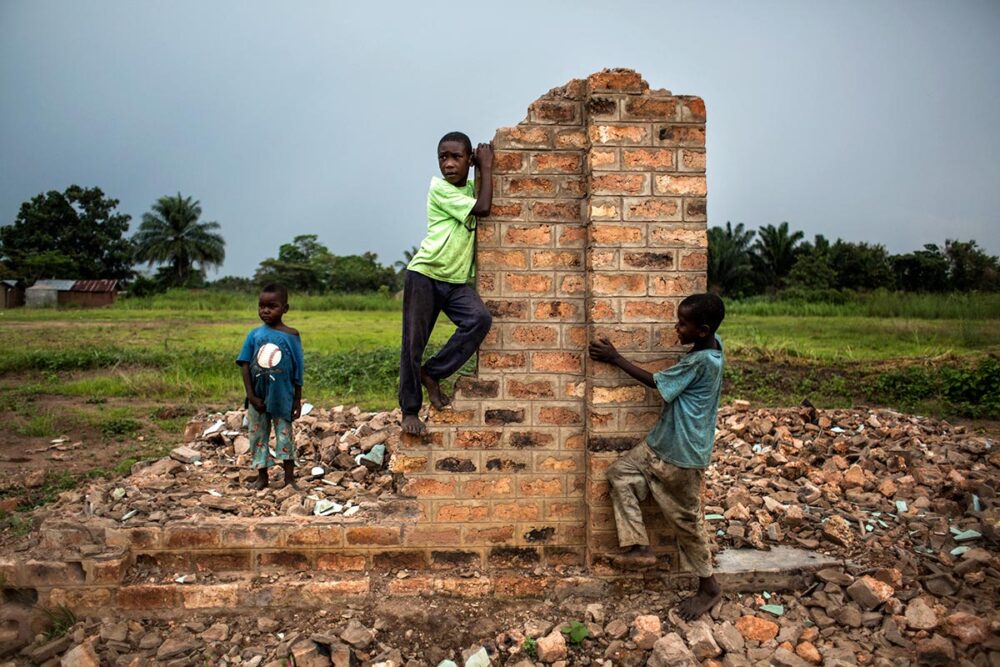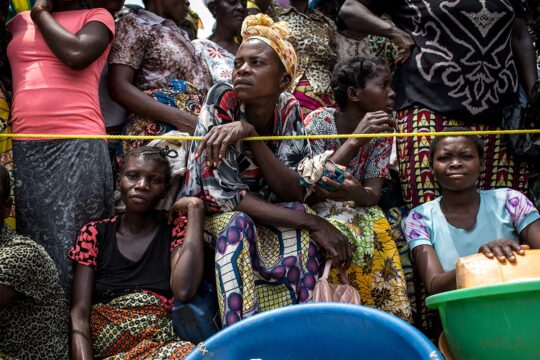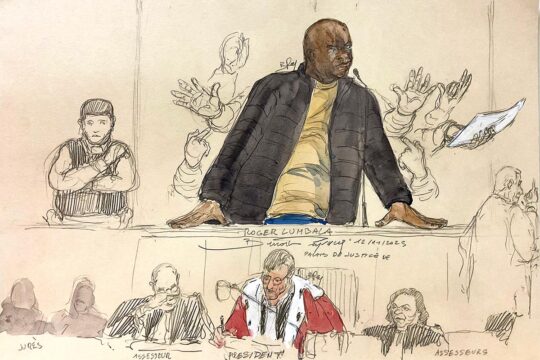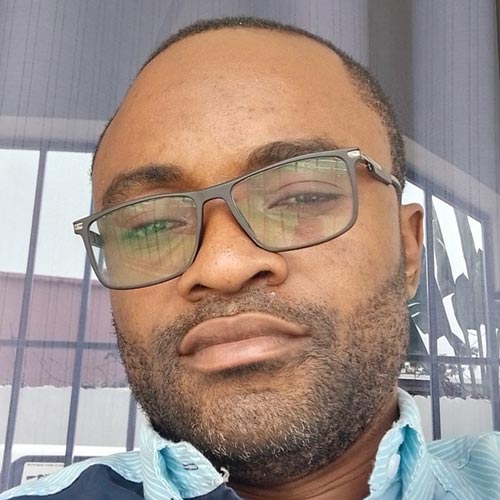“The unanimous vote in favour of the proposed edict [renewing the Commission provinciale vérité, justice et réconciliation, CPVJR] is undoubtedly a sign that the provincial parliamentarians have taken transitional justice on board,” said the Société congolaise pour l'État de droit (SCED), an NGO based in Kananga, capital of Kasaï-Central in central Democratic Republic of Congo (DRC). Welcoming the decision on July 19, it recommended that the truth commission should “rapidly” complete its preparatory phase and move into action.
After its three-year mandate expired on July 15, the commission was extended by the Kasai-Central provincial assembly on July 18. The provincial edict that created the CPVJR on July 15, 2021 gave it the task of “establishing the truth about the violence perpetrated during the Kamwina Nsapu conflict”. Between 2016 and 2017, these clashes between militia loyal to traditional chief Kamwina Nsapu and security forces in the Kasai region left more than 3,000 people dead and nearly 2 million displaced, according to the United Nations. However, the CPVJR commissioners were not invested until August 16, 2022 by the governor at the time, John Kabeya.
The Coalition des mouvements citoyens, a group of civil society organisations in Kasai-Central, also considers the extension of the CPVJR's mandate to be good news. However, Albert Mbelenge, a member of the coalition representing the NGO Lucha (Lutte pour le changement), stressed by telephone that the commission’s work remains unfinished. “Much remains to be done, particularly in terms of reconciling the communities,” he stresses. Albert Kyungu, coordinator of the Regional Council of Development NGOs (CRONGD), is equally quick to point out the commission’s meagre achievements. For him, responsibility is shared between the provincial government, which has not provided enough funds, and the commission, which has failed to mobilise them. “The executive has not made the resources available,” he says. But he also blames the commissioners: “There is a management problem. They have management autonomy. They can also mobilise funds. They have a share of the responsibility.”
“Nothing to report”
The commission was set up following national consultations on transitional justice held in 14 of the country’s provinces. In Kasai-Central, these were held in August 2019, in partnership with the United Nations Joint Human Rights Office. But its work is being questioned in Kananga and throughout the province. The 12 commissioners - or “12 apostles” as they have been dubbed - are not exempt from criticism. Their chairman, Monsignor Augustin Loko Fwamba, and his team are accused of doing nothing. “I don't see what this commission is for,” says a Kananga-based lawyer who requested anonymity.
In its first and only report covering 2022 and 2023, the commission looked only at issues concerning its own administration. As for the activities for which it was created, such as truth-seeking, victim support, reparations, awareness-raising and reconciliation, the report states that there is “nothing to report at this stage”. The same applies to the activities of the listening centres that are supposed to be set up in the province’s five territories (Demba, Dibaya, Dimbelenge, Kazumba and Luiza). Here too, the commission has done nothing.
Less than 10% of the announced budget
How can this be explained? “The edict was promulgated on July 15 [2021]. We had to wait a whole year to invest the commissioners, because there was no governor,” the CVPJR's rapporteur, Dominique Kambala, explains to Justice Info. Added to this is the fact that the commission had no infrastructure when they were appointed, let alone “strategic tools for its operation” such as internal regulations, a procedures manual, a global action plan and a plan of action. Kambala also points to funding problems. The provincial government has reportedly not disbursed the planned funds. Of the announced three-year budget of 216 million Congolese francs ($77,000), the commission has only received 20 million francs ($7,000). That is less than 10%. According to Kambala, “the provincial executive has failed to honour its commitments”.
“For what work should the commissioners be paid? Should the commission be paid to develop its own tools?” asks the lawyer from Kananga who asked not to be named, before adding: “Taking more than a year just to develop its tools means that the work was poorly planned.”
For these activities, the commission says it is counting on the support of external technical and financial partners, in particular the Swiss NGO Trial International and the UN office. They provide funds for workshops, training and awareness-raising activities. They also share their expertise in transitional justice. But the committee’s rapporteur says the State should stop depending on these partners and take responsibility itself. “We cannot leave a sector as important as justice, a sovereign sector, in the hands of technical and financial partners. The state is abandoning its responsibilities,” he says. Justice Info tried in vain to get the opinion of the parliamentary president of Kasaï-Central.
Failings of the State
The commission is normally funded from the provincial budget, but it is also hoping for funds from central government. Kambala believes that Kinshasa should “increase the budget line allocated to justice”. A statement by the UN Human Rights Council on October 9, 2023 also calls on the Congolese government to support the CPVJR.
“We deplore the lack of human, financial and material resources made available to the CPVJR so that it can carry out its mandate effectively,” said the DRC experts in their statement. “However, we remain convinced that the success of the CPVJR will give more credibility to the process of implementing transitional justice mechanisms in other provinces. Despite these major challenges, the progress made in the province of Kasai-Central and at national level supports the idea that the complementary approach is the right one.”
Now that the CPVJR’s mandate has been extended, the commission says it wants to move forward. “We hope we are now at the crossroads between the preparatory phase, which should end very soon, and the real start of the operational phase,” says Kambala.








